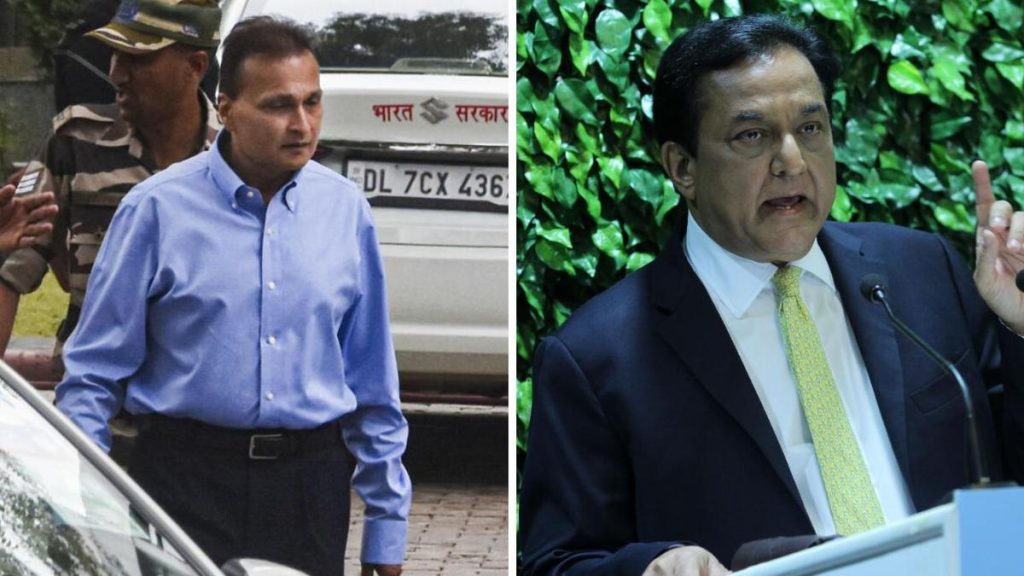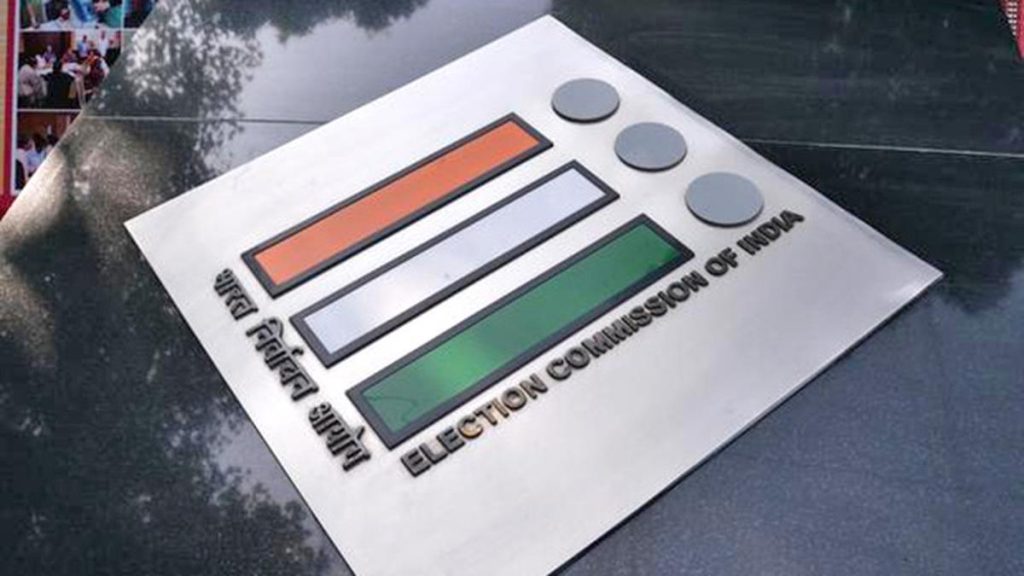Now Reading: Madras High Court Asserts Equality in Worship
-
01
Madras High Court Asserts Equality in Worship
Madras High Court Asserts Equality in Worship
Quick summary:
- The Madurai Bench of the Madras High Court emphasized that equality in worship is non-negotiable and stated that discriminatory practices against Scheduled caste devotees must be firmly countered by law.
- The court referred to historical struggles such as the Vaikom Satyagraha, Guruvayur Satyagraha, and Temple Entry Proclamation highlighting India’s long fight for caste equality in worship.
- A key milestone was noted from 1939 when Scheduled Caste devotees first entered Madurai’s Meenakshi Amman Temple under the legal framework of the Madras Temple Entry Authorisation Act, marking a important step toward social reform.
- Despite such progress, incidents of temple entry denial continue; the court cited recent events at Mariamman Temple in chinna dharapuram (Karur district), where Scheduled Caste devotees were excluded by caste-based discrimination until intervention through judicial orders.
- After petitions were filed on this matter, Scheduled Caste devotees were permitted to enter and offer prayers under court orders. attempts to obstruct their entry during this process led to commotions and a criminal case being registered.
- The judge criticized officials for failing to enforce laws protecting equality, remarking that what reformers achieved with moral conviction decades ago is now only achievable via judicial mandates.
indian Opinion Analysis:
The judgment underscores both the enduring significance of India’s legal structures in upholding constitutional rights and the persistent challenge posed by societal barriers like caste discrimination. By revisiting historical milestones such as Gandhi’s advocacy during temple entry movements, it provides context for current struggles against inequality rooted in systemic oppression. While progress has been made legally since 1939, reliance on courts rather than proactive governance reflects gaps within administrative systems entrusted with safeguarding basic rights like religious equality.
This case reiterates India’s ongoing need for firm action at institutional levels-such as effective enforcement by local authorities-to ensure adherence to constitutional principles without resorting repeatedly to litigation for vulnerable communities seeking justice. Continued vigilance across judiciary-administrative frameworks remains pivotal not only for sustaining gains achieved historically but also preventing regression into exclusionary practices today.
Read more: https://www.thehindu.com/theme/images/th-online/1x1_spacer.png

























